Many people ask me why I don’t eat grains, or how come grains aren’t allowed on a strict paleo diet. Whole grains are heavily promoted as a health food by our government and the food industry. Grains can be part of a healthy, nutrient-dense diet- as long as they are properly prepared. Processed grains, such as cereal, are not doing you any favors. And while grains can be healthy, there are some people who are better off avoiding them altogether. I avoid grains because I have a sensitive digestive system (IBS) and feel better when I am slimmer, so I avoid grains & dairy to keep my weight down (although I do have them in moderation on most weekends and holidays- but always properly prepared!). Grains aren’t considered strict paleo because grains were not around during the Paleolithic era.
The Problem With Grains
Grains contain lectins, phytates, & hard to digest proteins (gluten in wheat, barley, & rye). Lectins damage our gut wall, while phytates can prevent mineral absorption leading to mineral deficiencies, bone loss, and osteoporosis. Anyone with digestive problems should avoid gluten completely. If you are going to consume grains, they must be properly prepared so that they don’t cause health problems. Traditional societies prepared their grains by soaking, fermenting, and sprouting them.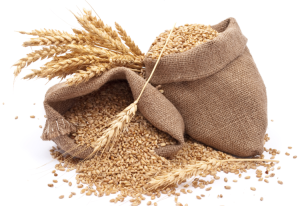
Soaking
Soaking grains removes the lectins and phytates so that we are able to absorb the nutrients from the grain. Grains contain lots of B vitamins that become available after being soaked. So let’s say you’re making oatmeal, before cooking you need to soak the oats in water overnight to make the nutrients available. After soaking, drain & rinse with clean water then cook as usual. This principle also applies to nuts and legumes. 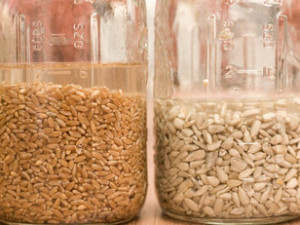
Fermenting
Fermenting also reduces the lectins and phytates, and predigests the gluten, making the grains easier to digest & the nutrients more bio-available. You can ferment your grains by soaking them in water for several days. You could also add in some yogurt to speed up the fermentation process. Once your grains are fermented, cook them the same way as usual. Fermented foods contain probiotics which help improve our digestion, immune system, & even balance mood. Humans have been fermenting foods for thousands of years, as it also helps to preserve food and prevent it from going bad. This was essential back before refrigeration was invented. Through evolution, we have developed to require probiotics for optimal health. Eating fermented foods (or taking a high-quality probiotic supplement) is essential to maintain a healthy gut flora and strong immune system. Sourdough bread is an example of fermented grains. Other great fermented foods are yogurt, kefir, sauerkraut, kombucha, & wine and beer (in moderation). Get my recipe for kefir parfaits here. 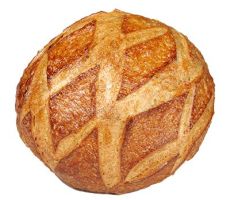
If you’re interested in learning more about fermented foods, check out this book:
Sprouting
Sprouting is another way to properly prepare your grains. To sprout your grains, just soak for 24 hours then drain but keep moist, and leave in a warm place. The grains will then sprout and they become easier to digest. You can also find sprouted grain bread at many supermarkets and health food stores if you don’t want to make it yourself. 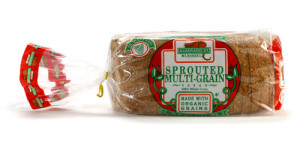
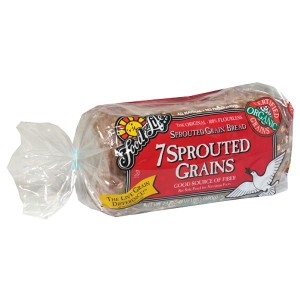
Most of the products we find at supermarkets today that are made from grains are highly processed and still contain the lectins and phytates. These “foods” are not health-giving, and in fact are responsible for many health problems today. They are high in refined carbohydrates which spike blood sugar. The body responds by releasing insulin, which then brings the blood sugar down low. This blood sugar roller coaster is dangerous. Continuously eating a diet high in refined carbohydrates can lead to hypoglycemia, diabetes, metabolic syndrome, heart disease, Alzheimer’s, etc. 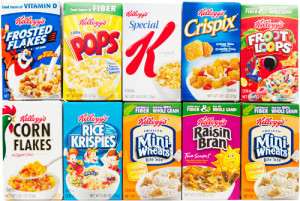
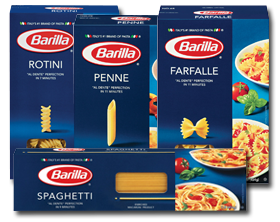

If you want to enjoy grains, always soak, sprout, or ferment them- and always eat them with healthy fats such as butter, ghee, coconut oil, palm oil, olive oil, animal fat, etc. Eating carbohydrates with fat slows the absorption so that your blood sugar doesn’t spike. If you have digestive problems, diabetes, autoimmune disease, or need to lose weight than you should avoid grains altogether. 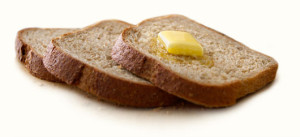
If you want to avoid grains but still need some starchy carbs, you could eat potatoes, sweet potatoes, yams, plantains, cassava, parnips, etc. The same goes for starchy vegetables- always eat them with healthy fats to slow absorption! 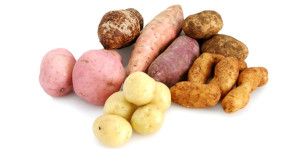
Was this information useful to you? Let me know in the comments!
See also:
Stop Fearing Cholesterol
Agave Nectar is NOT a Health Food
Saturated Fat Does NOT Make You Fat
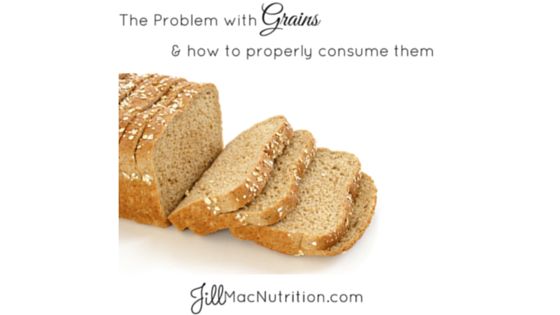
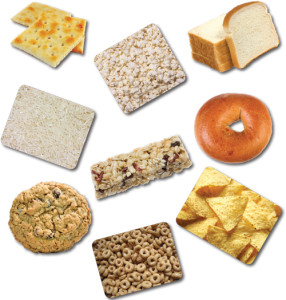

2 comments